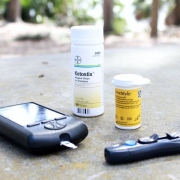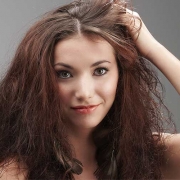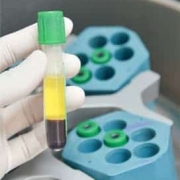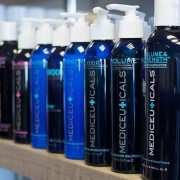Often we don’t know the cause of our hair loss problem, which can result in worry and confusion. Most people are surprised to hear that diabetes is a common cause when it comes to a person having hair loss. So much so, that in most cases, it can go undiagnosed and people don’t realize that hair loss is a symptom of their illness.
How diabetes may be affecting your hair loss
What happens to your body when you have diabetes is, your body starts to not produce the insulin you need. The sugar begins to build up in your blood and this is what can cause many to suffer from damage to their organs like their kidneys and even their eyes.
Another thing that diabetes can affect is hair growth and your hairs normal growth cycle. Healthy hair should grow about 1 to 2cm per month. When diabetes interrupts this process you can start to have hair falling out from not only on your head but from other places on your body as well.
What other illnesses can cause hair loss?
Those with diabetes may also develop a condition known as alopecia areata. This can happen when a person’s immune system begins attacking the hair follicles which can result in extreme hair loss.
It is also not uncommon for chronic illnesses to require medication. These medications can sometimes affect hair growth. It’s important for you to speak to your doctor if you feel like you are experiencing any of the above symptoms.
Thyroid illnesses may affect hair growth
Thyroid disease is another common illness that can affect hair growth. By watching your diet and trying to control your blood sugar and your overall sugar intake you can help regain a normal hair growth rate. By taking a healthy mindset you increase your chances of having great looking hair again.
If you are worried about the hair loss you have there are always solutions that work amazingly well for people. You can try wearing wigs or hair extensions during a period when you are suffering from hair loss. When you live with diabetes as well as other conditions there can be challenges.
If you suffer from alopecia, there are steroid medications that your doctor can prescribe to you that can help with inflammation.
Biotin and other healing processes
To help your body during a healing process, you can add biotin to your diet. You can get it naturally by eating foods like peanuts, almonds and sweet potatoes, or by taking a supplement which could be recommended by a physician.
Exercise and diet as supplemental cures for hair loss
We have all heard it, but daily exercise really can be very beneficial for patients that suffer from hair loss. It does so by helping the blood sugar levels. Exercise encourages those levels to go down and it helps you regain a natural balance. Because of this your hair benefits and hair follicles can begin to grow naturally again.
Healing from the Inside Out
One of the first steps in understanding the cause of your hair loss. After that you can find a solution and a cure. It is possible you may have to try several things before you get your hair growing normally again. It does take time and you can see results that will grow healthy hair.










